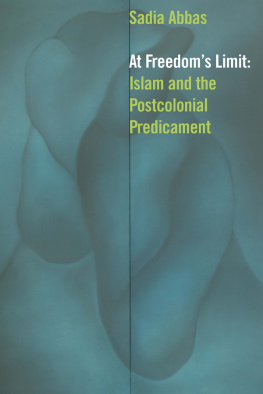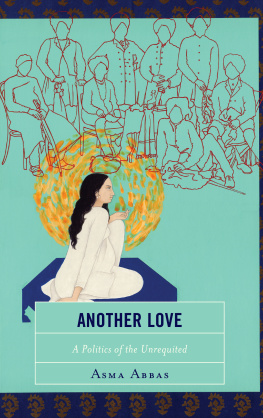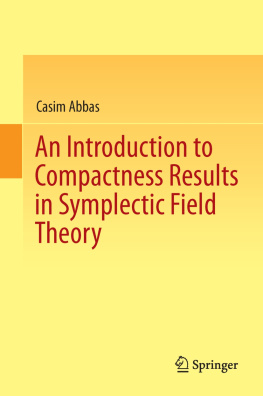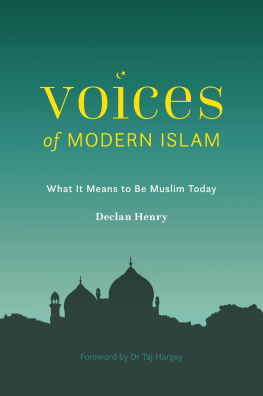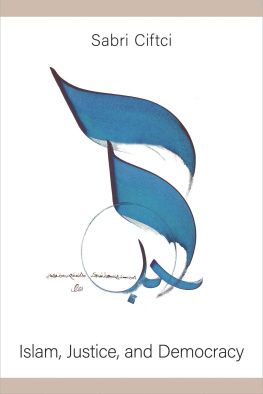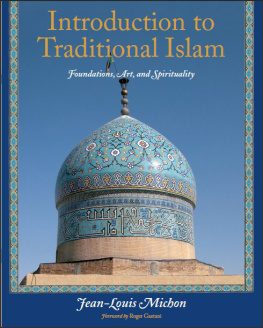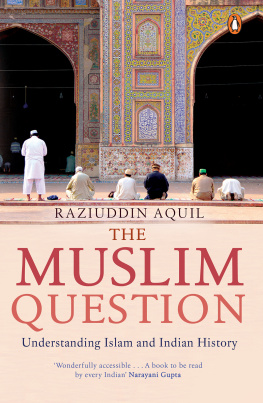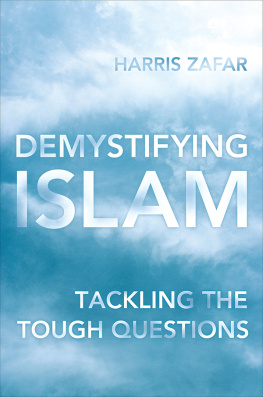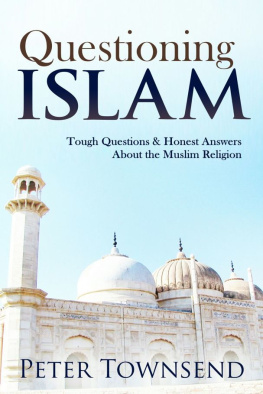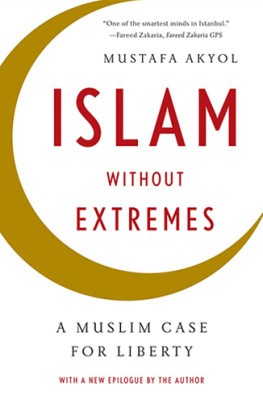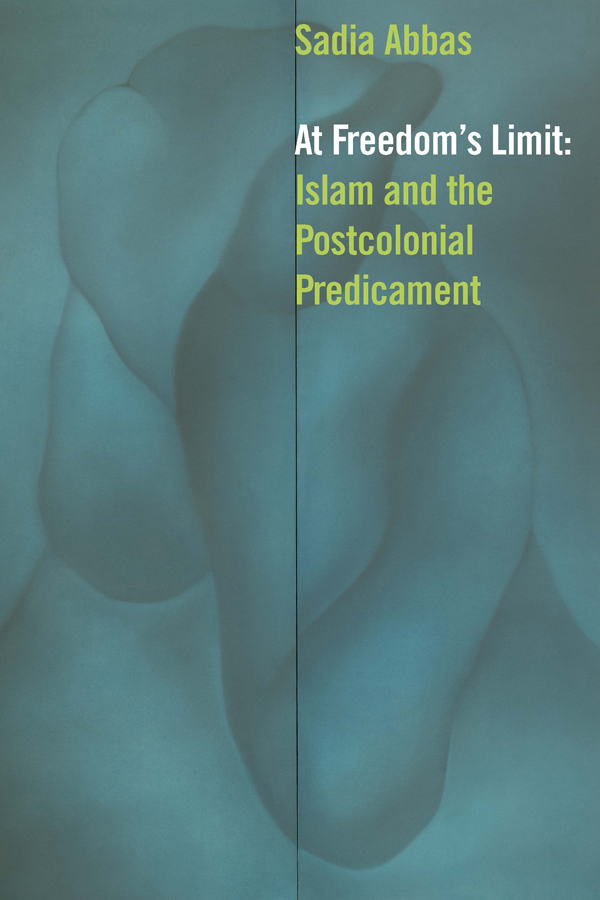This book is made possible by a collaborative grant from the Andrew W. Mellon Foundation.
Copyright 2014 Fordham University Press
A version of Chapter 3 was published in boundary 2 as The Echo-Chamber of Freedom: The Muslim Woman and the Pretext of Agency, 40: 1, 15689. 2013, Duke University Press. All rights reserved. Reprinted by permission of the present publisher, Duke University Press. www.dukeupress.edu. A version of Chapter 3 was also published in Contemporary Literature as Leila Aboulela, Religion, and the Challenge of the Novel, 52:3 (Fall 2011): 43061. 2011 by the Board of Regents of University of Wisconsin system. Reproduced courtesy of University of Wisconsin Press.
All rights reserved. No part of this publication may be reproduced, stored in a retrieval system, or transmitted in any form or by any meanselectronic, mechanical, photocopy, recording, or any otherexcept for brief quotations in printed reviews, without the prior permission of the publisher.
The system used for transliteration is LOC for Urdu with minor modifications.
Fordham University Press has no responsibility for the persistence or accuracy of URLs for external or third-party Internet websites referred to in this publication and does not guarantee that any content on such websites is, or will remain, accurate or appropriate.
Library of Congress Cataloging-in-Publication Data
Abbas, Sadia.
At freedoms limit : Islam and the postcolonial predicament / Sadia Abbas.
pages cm
Includes bibliographical references and index.
ISBN 978-0-8232-5785-0 (hardback)
ISBN 978-0-8232-5786-7 (paper)
1. Islam21st century. 2. Islam20th century.
I. Title.
BP161.3.A235 2014
306.697dc23
2013050012
First edition
Kamal,
For teaching me the possibilities of unconditional care in human relationships.
Biju,
For being there and just being.
Papa,
Who taught me to argue.
R.A.,
Who made a beautiful promise and, far more remarkable, is keeping it.
What is conceivable can happen too,
Said Wittgenstein, who had not dreamt of you
William Empson
yeh kah n k dost hai ke bane hai n dost ni
What manner of friendship is this, that friends have turned to preaching
Mirza Ghalib
I sing, I sing, I sing, I sing,
I sing just to know that Im alive
Nina Simone
Contents
A book such as this requires the patience of those who deal with its author. So let me begin by thanking all those who have loved and played and talked with me over the past few years for their fortitude and good humor and their only occasional impatience. It has been an extraordinary time, and with the merciful forgetfulness that accompanies the end of a project, and without which the beginning of any new one would be impossible, Ill say that it was allevery minute of despair and uncertainty, of exhaustion and also the exhilaration that accompanies thinking and reading and writingworth it.
I am very grateful to all those who have contributed their insights and questions in personal conversation and in more public venues. The English department at Williams College and the comparative literature department at SUNY Buffalo gave me an opportunity to present parts of Chapter 3 and asked challenging and useful questions. Haverford College invited me to present sections from the final chapter. I benefited from conversations with the faculty, participants, and audience. A young Pakistani student asked me a question. The inadequacy of my answer to him continues to push me to think carefully about the questions motivating this book. The graduate students and faculty in the comparative literature department at UCLA were a stimulating audience to whom I presented materials from Chapter 2, as was the audience at the Columbia Literary Theory Seminar and at the boundary 2 conference at UCLA where I presented material from the same chapter.
Stathis Gourgouris shared rigorous thinking, loud laughter, and gave a timely introduction to Helen Tartar, who is amazing and upon meeting whom I realized I was meant to work with her. Im glad she thought so too. Tim Roberts has also been a terrific and patient editor. Bruce Robbins invited me to speak and to respond at the Columbia Literary Theory Seminar and was a supportive and cheerful interlocutor. David Lloyd asked me an extraordinarily important question one brunch in New York; Marjorie Levinson, in passing and with characteristic ease, made a remarkable, ostensibly throwaway observation over drinks at ACLA in New Orleans. Both had effects that ramified throughout the book. Hiram Perez and Maliha Safri gave talks that helped transform my thinking. Hirams ethical intellect and profound decency are an inspiration. Those lingering conversations, in the hallways of the English department at the University of Michigan, with Vivasvan Soni were a terrific boost to thinking. Michael Schoenfeldt made thinking about early modern literature a pleasure. Aamir Mufti gave encouragement and applied good pressure at every step, demanding that I write a better book. Gayatri Spivak provided unobtrusive and profound encouragement at many key moments. Faisal Devji has read the work and been a supportive interlocutor and a great person to laugh with. Eduardo Cadava gave wonderful and characteristically generous feedback on several chapters, and we had some greatly stimulating conversations. Rajeswari Sunder Rajan was very encouraging about the work along the way. Tony Bogues gave quiet and perceptive support and comments.
Those heated conversations over Szechuan food with Christian Parenti have become one of my favorite New York rituals. Samah Selim taught me anew the possibilities of a thinking engagement with the world and joined in the fun of watching bad films. Paul Amar came to a talk as a member of the audience and stayed as a friend and collaborator. He has written to me from every corner of the world with a demand that I present my work better and be better at making sure that I do what I should than just about anyone. Theres steel behind that ever-ready smile. Thank you. Heres to work over many years and in many places.
Ali Mir has responded to my queries and offered to help at every stage. It took discipline not to take more advantage of him. At a crucial stage, when I was extraordinarily pressed for time, Bilal Hashmi took over the transliterations (all mistakes are mine) and looked up references and did research, making wonderful suggestions along the way.
Fran Bartkowski, Bruce Franklin, Barbara Foley, Jack Lynch, and Laura Lomas have been extraordinary colleagues and friends. All five made settling into work a joy. Having Bruce and Barbara across the hall has been great. Im tempted to change my teaching schedule just so I can linger in the halls discussing the history of world politics with Bruce againits amazing that either of us got anything done. Laura has been thoughtful and supportive in numerous ways. Jacks emails have a certain amazing, Augustan craft. Although I havent needed to send him a random query for a while, sometimes I just want to make one up to get one of those again. I dont quite know what to say about Fran. She has been an extraordinary mentor, read every chapter, created an environment where thinking is possible without stress, and has modeled a remarkable collegiality, showing that one does not have to sacrifice tough-mindedness to be a warm and profoundly kind and generous person. Janet Larson was very welcoming when I arrived and made the transition much easier. Gabriel Miller was a supportive interim chair and a principled, funny, and kind presence. Manu Chander and Patricia Akhimie joined the department later; we have had great fun hanging out, and I cant thank them enough for those rides in. Since Ameer Sohrawardy joined the department, those occasional random jokes in Urdu do light up the corridors. Madelyn Munoz-Bertram is steady as a rock and holds things together. Thank you so very much, Maddy. Thomas Moomjy found some crucial references when I had no time at all. He and Sara Grossman were wonderful TAs. All my students have kept me engaged and (I like to think) honest. My undergraduate students at Newark have been a challenging inspiration. I have loved working with them while writing this book. They have made so much of it worthwhile.

